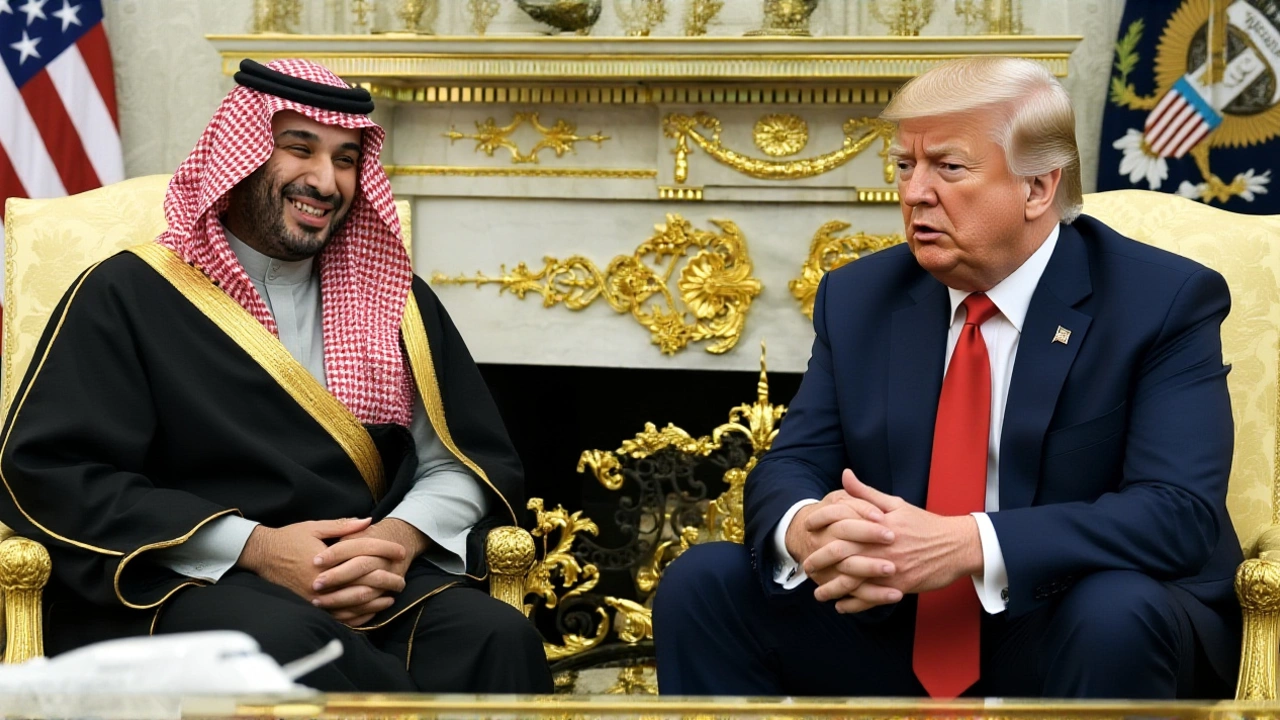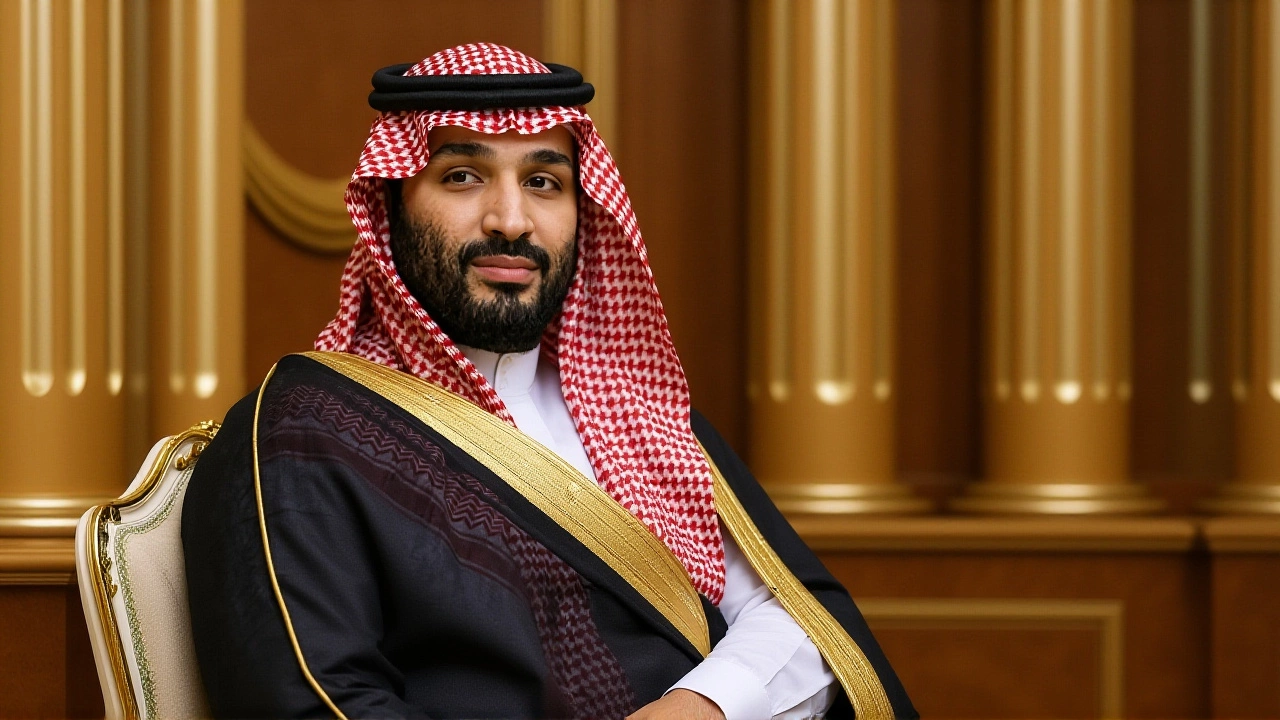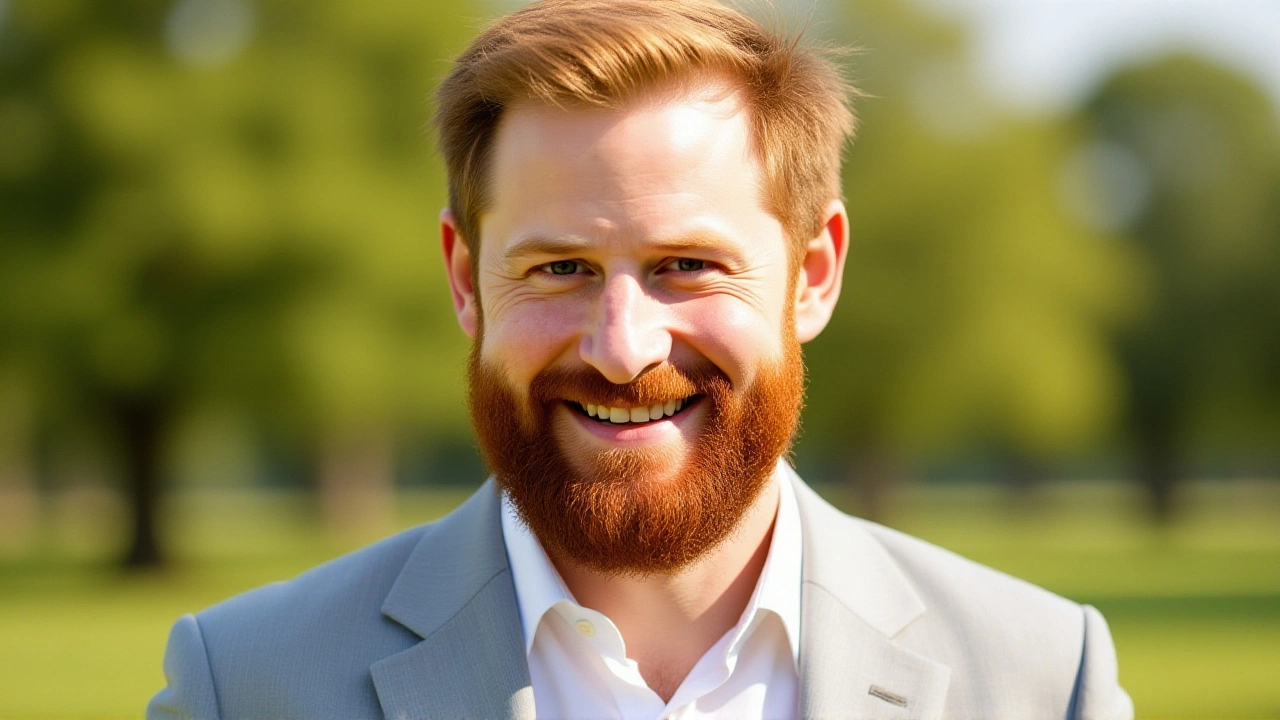Prince Harry, Duke of Sussex, is facing his lowest public approval rating in the United States since YouGov began tracking him in October 2020 — a staggering 14-point plunge to a net +17 in Q3 2025, according to polling data released in November. Only 38% of American adults say they like him; 21% actively dislike him. That’s down from +31 earlier this year, when half the country viewed him favorably. The drop isn’t just a blip. It’s a collapse. And it’s happening just as his primary U.S. platform — his $100 million deal with Netflix Inc. — expires in September 2025, with no renewal in sight.
The Numbers Don’t Lie
YouGov’s rolling quarterly methodology, which aggregates responses from tens of thousands of U.S. adults, shows Prince Harry’s favorability has been steadily eroding since early 2025. His peak? May 2021, shortly after the Oprah interview. His nadir? Now. Meanwhile, his wife, Meghan Markle, isn’t faring much better — her net approval sits at +15, up slightly from a brutal 18-point crash earlier this year, but still far below her 2020 highs. The irony? While Harry’s numbers are sinking, his wife’s have stabilized — barely. Neither is trending upward.
What’s driving this? It’s not one thing. It’s a cascade. First, there’s the content. Their Netflix projects — the documentary Polo, which barely cracked 500,000 views globally, and With Love, Meghan, a cooking show that never made Netflix’s top 300 — were widely mocked online. Industry insiders told The National Pulse the partnership had simply ‘run its course.’ No drama. No controversy. Just underperformance. And in today’s attention economy, that’s death.
The Memoir That Won’t Go Away
Then there’s Spare. Published in January 2023 by Penguin Random House LLC, the memoir was a cultural earthquake. But its aftereffects are still shaking. Harry’s candid admissions about recreational drug use in the U.S. — including references to cocaine use during his twenties — keep resurfacing in conservative media and late-night comedy segments. It’s not that Americans disapprove of drug use universally. It’s that they expected more from a royal. The disconnect between the ‘reformed’ image he’s trying to sell and the raw honesty of his past is creating cognitive dissonance. And people are tuning out.

Beyond the U.S.: A British Implosion
The decline isn’t confined to America. Statista’s data, collected from over 10,000 British adults between 2019 and 2025, shows Harry’s favorability in the UK has cratered from 72% in November 2019 to just 28% in August 2025. That’s a 44-point drop in under six years. The monarchy’s traditional base — older, more conservative voters — has turned decisively against him. Even younger Brits, once sympathetic to his ‘rebel’ narrative, now see him as a distraction from the institution’s real problems.
And here’s the twist: the timing of this U.S. poll isn’t random. Celebitchy suggests it’s part of a broader media recalibration. In the two weeks before the data dropped, outlets like The Daily Mail ran a barrage of stories — Meghan attending Kris Jenner’s birthday party, her ‘out-of-touch’ comments, even speculation about her wardrobe budget. Was this a coordinated effort to shift focus away from other royal scandals? Prince Andrew’s legal troubles. King Charles III’s health. Prince William’s poorly received September 2025 tour of Brazil, dubbed the ‘Brazilian flop’ by British tabloids. Maybe. Or maybe it’s just the natural consequence of a couple who ran out of steam.

The End of the Road
With the Netflix deal ending, the Sussexes lose their most reliable revenue stream and media megaphone. No new shows. No new documentaries. No more $100 million safety net. Their upcoming projects — rumored to include a podcast and a book on mental health — are unconfirmed, underfunded, and lacking the platform to reach the same audience. Sophie Chandauka, the former Sentebale board member, still advocates for the charity Harry co-founded in 2006, but even that organization’s visibility has dimmed as public interest in the couple fades.
There’s no press tour planned. No royal engagement scheduled. No comeback announcement. Just silence. And a slow, steady slide into irrelevance.
Frequently Asked Questions
Why is Prince Harry’s popularity declining faster than Meghan Markle’s?
While both have seen declines, Harry’s net approval is higher, but his drop has been steeper — 14 points versus Meghan’s 18-point crash earlier in the year. His memoir’s drug admissions and the perception of him as a ‘troubled’ figure resonate more negatively with older, more traditional U.S. audiences. Meghan’s brand is seen as performative; Harry’s is seen as self-destructive. Both hurt, but in different ways.
What impact does the end of the Netflix deal have on their future?
Losing the $100 million Netflix deal removes their primary U.S. income source and media platform. Without it, their ability to shape public narrative collapses. Future projects — if any — will rely on smaller platforms, crowdfunding, or paid speaking gigs, none of which carry the same reach or prestige. Their financial independence is intact, but their cultural influence is evaporating.
Is this decline unique to the U.S., or is it global?
It’s global. Statista’s data confirms a 44-point drop in Britain since 2019. Canada and Australia have also seen measurable declines. Even in countries where they were once popular — like Germany and South Africa — interest has waned. The Sussexes’ brand, once seen as modern and relatable, now feels dated and disconnected from the realities of both monarchy and public life.
Could Prince Harry recover his reputation?
It’s unlikely without a major, sustained pivot. Past attempts — like his mental health advocacy or Sentebale work — have been overshadowed by his personal controversies. To rebound, he’d need to step back from the spotlight entirely, focus on quiet philanthropy, and avoid media for a decade. That’s not his style. And without a platform, there’s no audience to reach.
How does this affect the British monarchy?
It’s a relief for the Crown. Harry’s decline removes a constant source of negative press and distraction. With his influence fading, King Charles III and Prince William can refocus on institutional rebuilding. The monarchy’s public image is no longer defined by the Sussexes’ drama — and that’s exactly what palace insiders have wanted for years.
Are there any upcoming projects that could reverse this trend?
No confirmed projects exist. Rumors of a memoir sequel or a podcast have surfaced, but without a major distributor like Netflix, they’re unlikely to gain traction. Even if they launch something, the public’s appetite for their content has dried up. The moment has passed.

